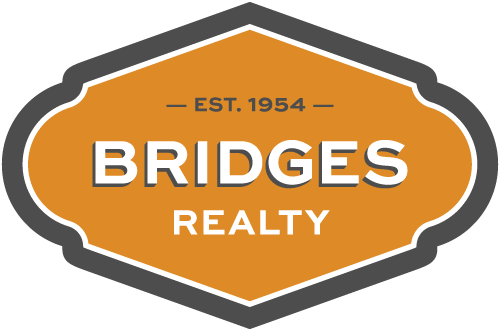We have all heard this expression that implies that had a person known earlier in life what they know now; they would have done things differently. The subject possibilities are endless. While no one has a crystal ball to see into the future, it may be possible to learn from people who have experienced similar situations.
In the late sixties, mortgage rates hit 8.5%, but before the decade had finished, the rates had come down to 7%, where they stayed for some time. Homeowners who purchased at the higher rate could buy a larger, more expensive home for the same payment if they could get out from under the obligation of their existing mortgage.
Up until the late '80s, FHA and VA mortgages could be assumed by anyone, regardless of creditworthiness. Since these homes were purchased one or two years earlier, the sellers didn't have much equity in them, and many homeowners were willing to "give" them to investors so they could qualify on a new, lower-rate mortgage.
It was a fantastic opportunity for investors who could afford the negative cash flow because the homes wouldn't rent for the payment. As the 70's economy started heating up, so did inflation. Most people consider inflation an undesirable thing, but for people who owned rental property, it meant the values were going up, and so were the rents.
Soon, the rentals no longer had negative cash flows, and the investments turned the corner. If you talk to investors who purchased those homes during that period, you'll likely hear, "I should have bought more of them."
If we could fast forward into the future to see how people will be talking about the period we're currently in, we might see an even greater opportunity in our present time. Interest and mortgage rates have been on a downward trend for thirty years. In the past ten years, they hit a historic low. They are currently trending up, and they will continue to do so.
Homes are in short supply, which has caused the prices to go up. Builders haven't returned to the number of new units needed to meet demand, which has been going on for over ten years. Even when the supply increases, it will take a long time to catch up with demand.
Combine that with supply chain shortages due to the pandemic, and prices look like they are unaffordable. Many millennials and some Gen Xers believe the "window of opportunity" has closed.
For tenants, rents continue to increase due to the same causes that home prices are growing. Buyers, by acting now, can lock in their mortgage rate and the purchase price of the home. As prices continue to increase and the amortization of the mortgage pays down the unpaid balance, homeowners' equity increases, and so does their net worth.
Unfortunately, for tenants, the rents will continue to rise, along with prices that will make it more difficult to purchase. Their rent is used to pay the landlord's mortgage, who benefits in the principal reduction for each payment made.
The market is changing, and people who don't own a home currently must find a way to buy one. Unfortunately, the longer they wait, the harder it will be to buy one.
People wanting to purchase a home in today's market must educate themselves with facts and not hearsay. There are all sorts of programs available to address low down payments, varieties of mortgages, credit issues, and other things.
It starts by meeting with a real estate professional who can recommend a trusted mortgage professional.

